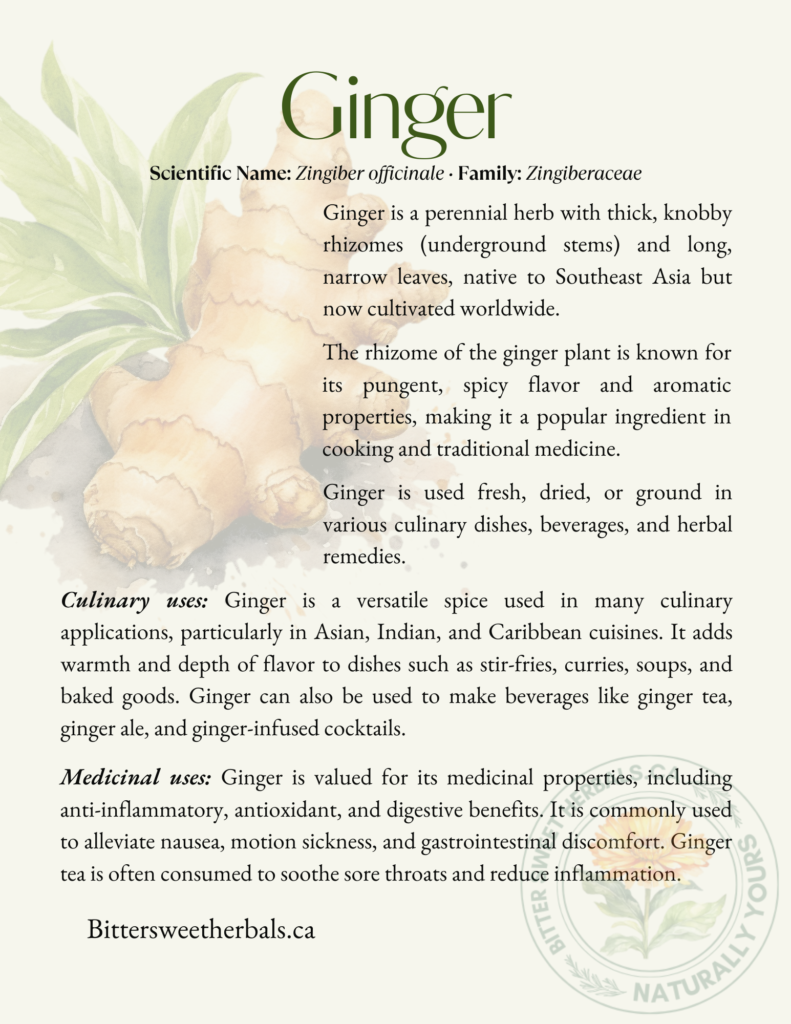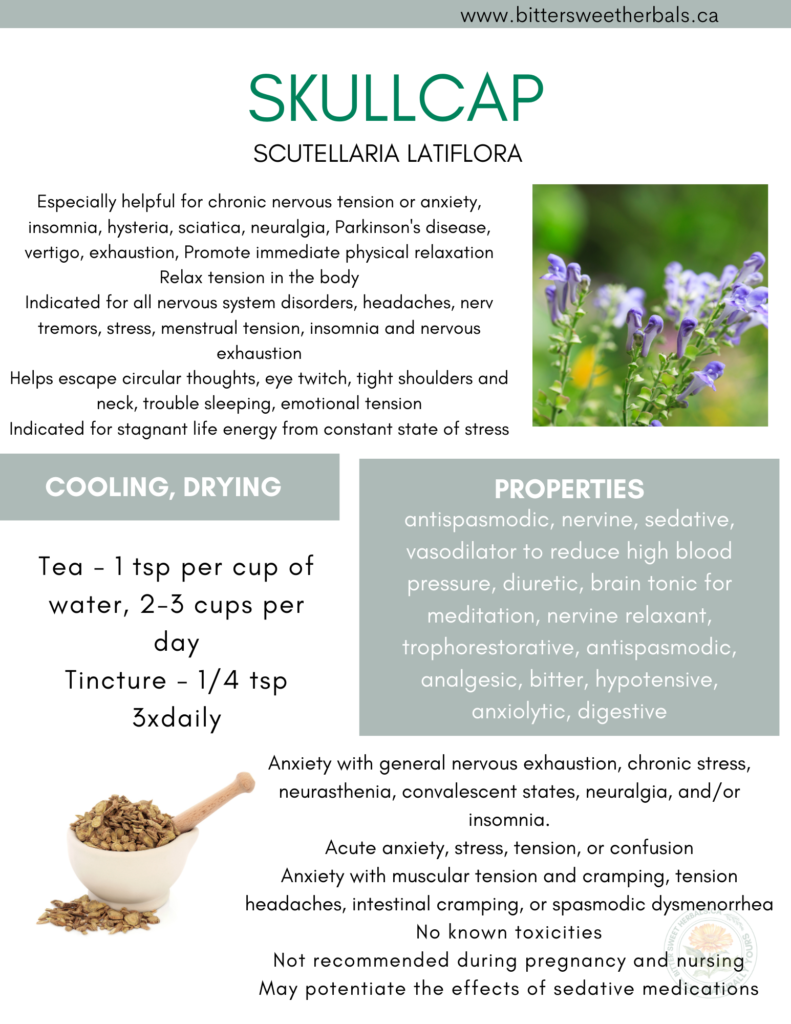Herbs have been used for centuries to support mental and emotional well-being. They improve your mental health by addressing imbalances in the body and mind, supporting the nervous system, and promoting a sense of calm and relaxation. Here are eight ways in which herbs can help improve your mental health:
1. Balancing Neurotransmitters

Many herbs influence the production and regulation of neurotransmitters, such as serotonin, dopamine, and GABA, which play vital roles in our mood regulation, anxiety, and overall mental health.
- St. John’s Wort: Known for its ability to support serotonin levels, St. John’s Wort is often used throughout the world, to help alleviate symptoms of mild to moderate depression.
- Valerian Root: Increases GABA levels in the brain, promoting relaxation and reducing anxiety, supporting healthy sleep habits as well.
2. Reducing Stress and Anxiety
Herbs, known as nervines and adaptogens, directly reduce the physical and emotional effects of stress. They help regulate the body’s response to stress, calming the nervous system and preventing chronic stress from taking a toll on mental health. You can read more about adaptogens here: What do adaptogens do for me?
- Ashwagandha: An adaptogen that helps reduce cortisol (the stress hormone), Ashwagandha supports the body’s response to stress and promotes emotional resilience. Probably in my top 3 of adaptogens!
- Chamomile: A nervine herb that calms the nervous system, chamomile is widely used to reduce anxiety and promote relaxation.
3. Supporting Sleep

Poor sleep can exacerbate mental health issues like anxiety and depression. Many herbs help to improve sleep quality, allowing the brain to rest and reset, which is crucial for emotional balance.
- Passionflower: Helps calm the mind and promote restful sleep, which can improve mental clarity and reduce anxiety.
- Lavender: Known for its calming aroma, lavender can improve sleep quality by reducing anxiety and helping you relax before bed.
4. Regulating Hormones
Hormonal imbalances, particularly of stress hormones like cortisol, can have a significant impact on mental health. Some herbs help balance hormones, reducing symptoms of stress and anxiety.

- Holy Basil (Tulsi): Supports the regulation of cortisol and other stress-related hormones, reducing the mental and physical effects of chronic stress.
- Rhodiola: Helps balance stress hormones and boosts mental endurance, particularly during times of high stress or mental fatigue.
5. Enhancing Cognitive Function
Some herbs, known as nootropics, are used to enhance brain function, improve memory, and boost focus. These herbs are beneficial for improving overall cognitive function, which supports mental well-being and helps prevent issues like brain fog and cognitive decline.
- Ginkgo Biloba: Enhances blood circulation to the brain, supporting memory, focus, and overall cognitive function.
- Lion’s Mane Mushroom: Known for its neuroprotective effects, Lion’s Mane is believed to support the production of nerve growth factor (NGF), which helps maintain and regenerate brain cells. One of the many herbs I take daily.
6. Reducing Inflammation

Chronic inflammation is linked to various mental health issues, including depression and anxiety. Some herbs have anti-inflammatory properties that reduce brain inflammation and support overall mental well-being.

- Turmeric: Contains curcumin, a powerful anti-inflammatory compound that helps protect the brain and supports mood regulation.
- Ginger: Reduces inflammation and promotes overall brain health, which can have positive effects on mental health.
7. Providing Antioxidants
Oxidative stress in the brain can lead to mental health issues such as depression, anxiety, and cognitive decline. Antioxidant-rich herbs protect the brain from oxidative damage, supporting overall mental clarity and emotional well-being.
- Green Tea (L-theanine): Green tea contains L-theanine, which promotes relaxation without causing drowsiness, along with powerful antioxidants that protect the brain.
- Rosemary: An antioxidant-rich herb that supports memory, mental clarity, and overall brain health.
8. Nourishing the Nervous System

Many herbs directly nourish and support the nervous system, helping to alleviate symptoms of anxiety, depression, and burnout. These herbs can calm overstimulated nerves, ease tension, and restore balance.
- Oat Straw: A deeply nourishing nervine that helps restore energy, calm the nervous system, and improve overall mental health.
- Skullcap: A powerful nervine that soothes and strengthens the nervous system, helping to reduce anxiety and nervous tension.
Herbs improve mental health by balancing neurotransmitters, reducing stress and anxiety, supporting sleep, regulating hormones, enhancing cognitive function, reducing inflammation, providing antioxidants, and nourishing the nervous system.
They offer a holistic, natural approach to mental well-being, often with fewer side effects than pharmaceutical alternatives, making them a valuable tool in mental health and nervine therapies.


